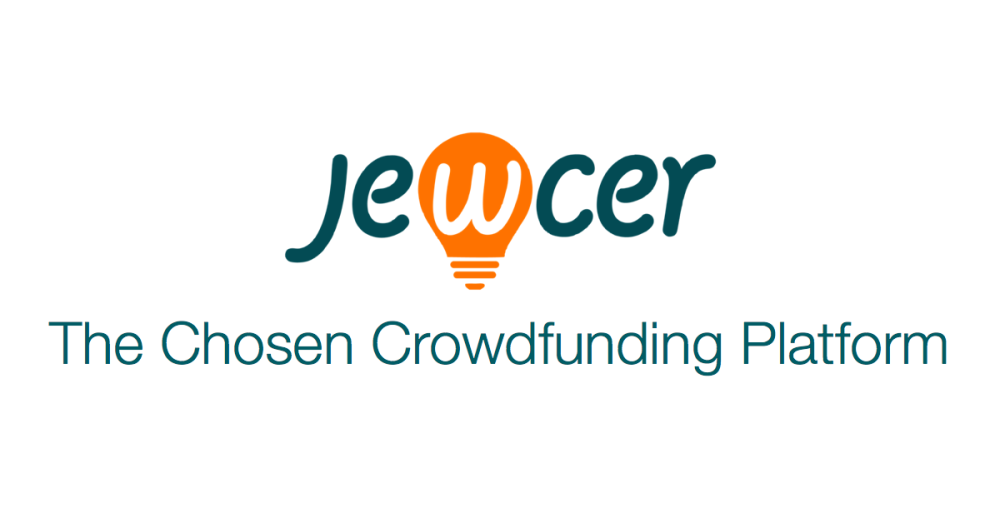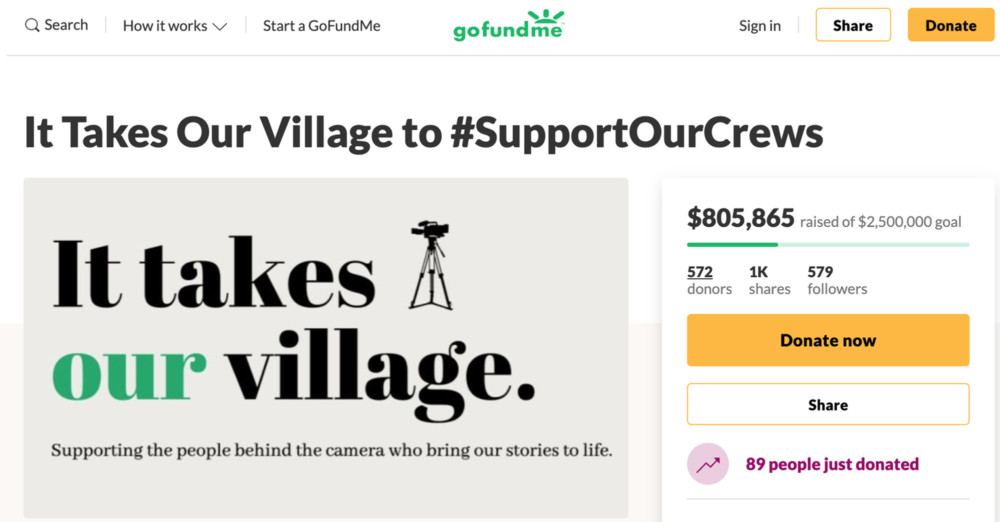By Shawn Annarelli
Centre Daily Times (State College, Pa.).
Funding any new company comes with risk.
Backing a tech startup is no different.
A certain number of factors play into whether someone with a tech idea gets the green light or gets nowhere.
Their idea has to solve a problem, or at least improve a current technology, for it to be valuable to customers. Entrepreneurs also have to be able to market their product, explicitly showing its value. They also have to be able to scale their product.
Plenty of tech startups in Centre County have had success getting that initial funding. It takes time and sometimes business model changes for others to advance their company.
WhoJewKnow, a corporation founded by three Penn State students in 2014, is still in the early stages of development.
Co-founder Hunter Most said the team’s original idea, an app for Jewish students to connect with each other and with Jewish organizations on college campuses, altered their business model due to difficulty funding the app.
Aish HaTorah, an apolitical network of Jewish educational centers on five continents, invested $30,000 in WhoJewKnow in 2014.
Coming across additional funding, however, was difficult.
The team’s campaign on Jewcer, a crowdfunding platform that connects the Jewish community, fell short. They will instead build a website with a blog-style main page to draw people in to the site’s database with in-depth features to connect Jewish students, events and groups like Hillel and Chabad at universities across the country.
“Our whole new plan came to fruition about two to three months ago,” Most said. “We want to have the website up by May, because we do have the funds for that. Then we’ll go back to our network and continue to get the app funded. We realized it would be cheaper to do the website first and that it would be cheaper to transform the website into (an) app rather than doing the app from scratch.”
Lasers for Innovative Solutions co-founder Ben Hall went through a “long vetting” process to get money from the Ben Franklin TechCelerator. He said the technology partners made two nonequity investments in his company, allowing L4IS to get off the ground and running.
Another partner, he said, made an equity investment, which will give him time to build the company’s value by providing data to larger corporations.
His laser technology vaporizes objects to provide 2-D and 3-D ultraviolet models on a screen. The data, he said, was valuable enough that a world-renowned AG company, which he declined to identify, paid for Hall to do a project. It was completed Dec. 21.
“You have to prove and create value for investors and companies to buy into what you’re doing,” Hall said. “It’s so high risk for anyone to invest, so you need to show them results and make projections based in reality.”
Hall avoided using crowdfunding websites like Kickstarter, a popular platform for companies to get people to invest in others’ ideas and causes. It would make sense to do it, he said, if he had a tangible product for public use.
Other startups such as Airnest, originally called Ares Drones, have used website crowdfunding.
The company successfully funded a Kickstarter initiative, receiving $62,387 from 105 backers.
Airnest co-founders Ben Brautigam and Justin Miller also shifted gears from their original plans to manufacture drones to building software for existing drones. Their idea to create software through apps to draw a drone’s flight path before it goes up has remained the same.
“It better suited our expertise and allowed us to put something on the market faster,” Brautigam said. “We also realized we could tap into a larger, existing market this way. The manufacturing and capital needed upfront to make drones wouldn’t allow us to be anywhere near launch.”
They said it would cost millions to develop and produce their own drones.
Airnest, which also received investments from the TechCelerator, launched its first app, compatible with the DJI Phantom 3 Pro and Advanced models, in November.

















































































































































































































































































































































































